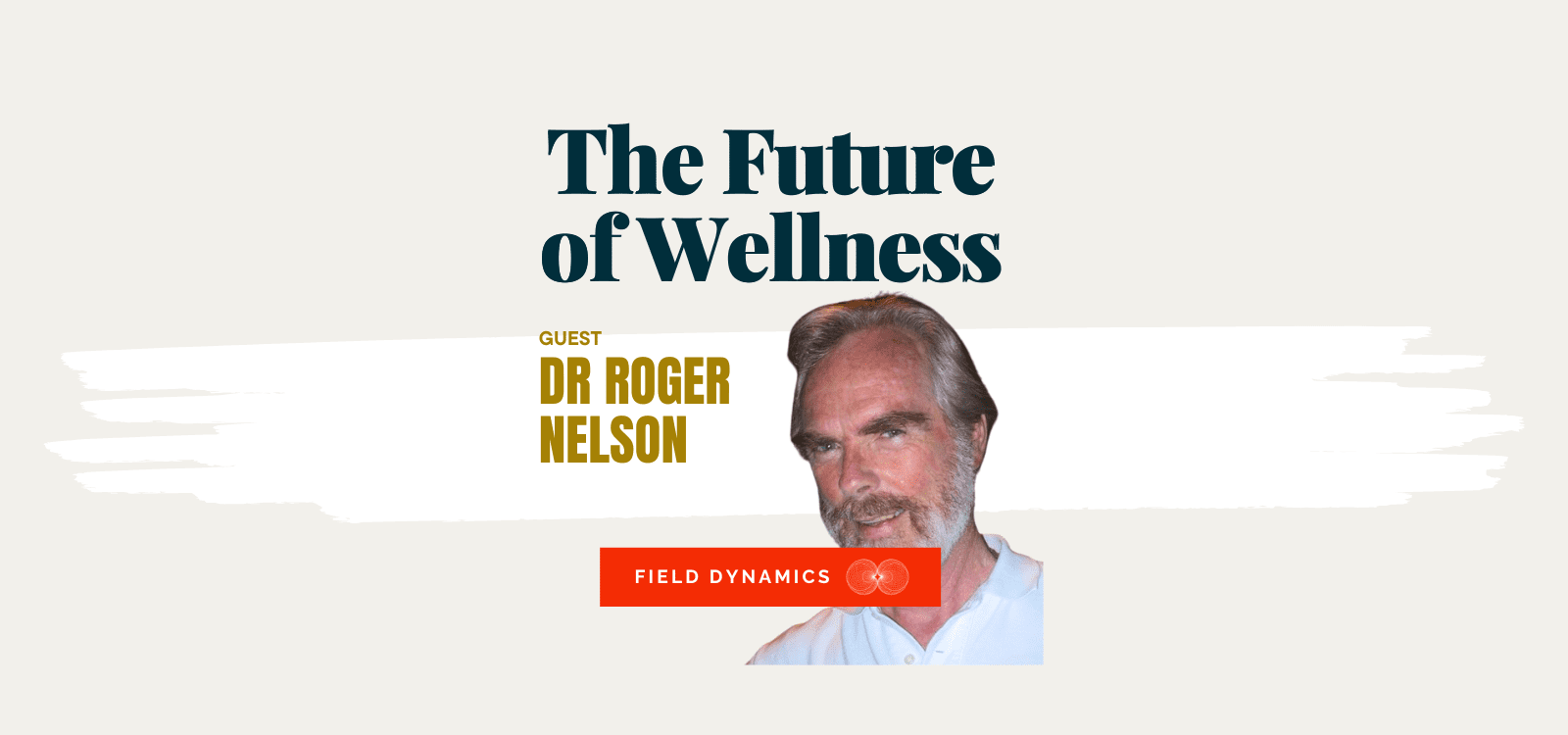The Implications of Global Consciousness: Measuring the Collective Mind with Dr. Roger Nelson
Posted on

Measuring Global Consciousness: Dr. Roger Nelson on the Collective Field of Mind
Can science measure the collective mind of humanity?
In this fascinating episode, we’re joined by Dr. Roger Nelson—founder of the Global Consciousness Project (GCP)—to explore the frontier where consciousness and physics intersect. Through a global network of random number generators, Dr. Nelson and his team have gathered compelling data showing that large-scale emotional events create subtle but measurable shifts in physical systems.
We explore how collective intention, emotional resonance, and global coherence may shape the very fabric of reality. Dr. Nelson unpacks the mechanics of the GCP, the philosophy behind non-local mind, and what it might mean for the future of conscious evolution.
In this episode:
- The origins and mechanics of the Global Consciousness Project
- How data reflects global emotional events
- The relationship between coherence, emotion, and energy fields
- Consciousness as a non-local field of information
- Living responsibly in an interconnected world
Learn more:
Listen on:
Share post:










